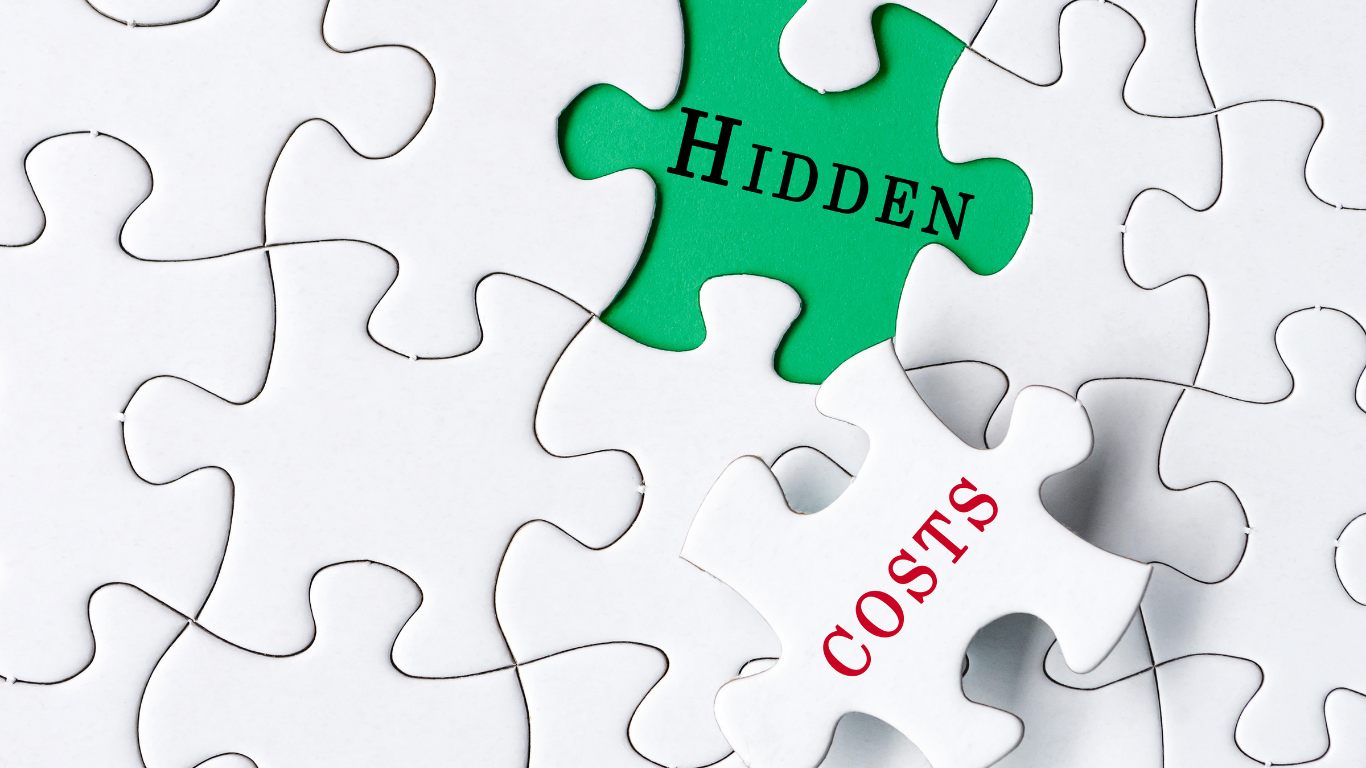Buying a home is an exciting milestone. However, it’s important to understand that the cost of purchasing a home goes beyond the asking price. Hidden costs can add up quickly and catch homebuyers off guard. Knowing what these costs are and how to plan for them can help you avoid surprises during the home-buying process. In this blog post, we’ll explore the hidden costs of buying a home and show how Toni Reinhart, Realtor®, can guide you through the process.
1. Closing Costs
Closing costs are fees and expenses that come with finalizing the purchase of your home. These can vary depending on where you live, the price of the home, and your lender’s policies. On average, closing costs range from 2% to 5% of the home’s purchase price. Some common closing costs include:
- Loan Origination Fees: These are fees that the lender charges for processing your mortgage application.
- Appraisal Fees: Lenders often require an appraisal to determine the home’s value before approving the loan.
- Title Search and Title Insurance: These costs are for verifying the property’s ownership history and protecting you against any future claims.
- Home Inspection Fees: A home inspection is crucial to determine the condition of the property. It usually costs a few hundred dollars.
- Attorney Fees: In some states, a real estate attorney is required to close the deal, and their services come with additional fees.
Understanding these costs upfront can help you budget properly.
2. Property Taxes
Property taxes are an ongoing expense that you will need to pay as a homeowner. These taxes are typically based on the value of the property and are collected by local governments. The amount you’ll pay varies depending on your location. It’s important to find out how much you’ll owe in property taxes before buying a home. These costs can be paid annually or monthly, depending on your lender’s requirements.
- Local Tax Rates: Property tax rates vary from one municipality to another. High tax rates can add significant costs to homeownership.
- Tax Increases: Be aware that property tax rates can change over time, potentially leading to higher costs in the future.
Toni Reinhart, Realtor®, can provide insight into the local property tax rates in your area, helping you plan for these ongoing expenses.
3. Homeowners Insurance
Homeowners insurance is essential for protecting your home and belongings in case of damage, theft, or natural disasters. Insurance premiums vary depending on several factors:
- Home Value: More expensive homes generally require higher insurance premiums.
- Location: Homes in areas prone to flooding, earthquakes, or other natural disasters may have higher insurance premiums.
- Coverage: The more coverage you need, the higher your premiums will be.
It’s important to shop around for homeowners insurance to find the best deal. Some lenders may require you to have insurance before closing on the home.
4. Private Mortgage Insurance (PMI)
If your down payment is less than 20% of the home’s purchase price, your lender may require you to pay for private mortgage insurance (PMI). PMI protects the lender in case you default on the loan. PMI typically costs between 0.3% and 1.5% of the original loan amount annually. This additional cost can significantly increase your monthly mortgage payment.
- PMI Removal: Once your loan balance reaches 78% of the home’s original value, you may be able to request the removal of PMI, which will reduce your monthly payment.
Toni Reinhart, Realtor®, can help you understand your financing options and avoid paying PMI if possible.
5. Maintenance and Repairs
Owning a home means you are responsible for its upkeep. Maintenance and repair costs can add up over time. Some common expenses include:
- Routine Maintenance: This includes cleaning gutters, replacing air filters, and servicing HVAC systems.
- Unexpected Repairs: Homes may need unexpected repairs, such as fixing plumbing issues, replacing the roof, or repairing electrical systems.
- Home Improvements: Over time, you may want to make upgrades or renovations to your home, such as remodeling the kitchen or adding a new deck.
Homebuyers should budget for ongoing maintenance and set aside a fund for emergency repairs. Experts recommend saving 1% to 2% of your home’s value each year for maintenance and repairs.
6. Utilities and HOA Fees
Utilities such as electricity, water, and gas are ongoing costs that homeowners must cover. These costs vary depending on the size of your home, your location, and your usage. New homeowners should factor these monthly expenses into their budget.
- Electricity, Water, and Gas: Your monthly utility bills will depend on the size of the home and the climate in your area.
- Homeowners Association (HOA) Fees: If you buy a home in a community with an HOA, you will be required to pay monthly or annual fees. These fees cover the cost of maintaining shared spaces, such as pools, parks, or common areas.
Understanding your utility bills and potential HOA fees is essential when budgeting for homeownership. See more details here
7. Moving Costs
Moving into a new home involves costs that are often overlooked during the home-buying process. These costs can include:
- Moving Company Fees: Hiring professional movers can cost anywhere from a few hundred to several thousand dollars, depending on the distance and amount of furniture.
- Packing Materials: Boxes, tape, and other packing supplies can add up quickly.
- Temporary Housing: If there is a gap between the sale of your old home and the purchase of your new one, you may need to rent temporary housing.
It’s important to plan for these costs ahead of time to avoid any financial strain.
8. Home Warranty
A home warranty is an optional service that covers the repair or replacement of major home systems and appliances, such as the HVAC system, plumbing, and appliances. Home warranties typically cost between $300 and $600 per year. While they can provide peace of mind, it’s important to carefully review the coverage before purchasing.
- What’s Covered: Make sure the warranty covers the systems and appliances that are most important to you.
- Additional Costs: Some home warranties may charge a service fee each time you need to use the warranty.
Toni Reinhart, Realtor®, can guide you in deciding whether a home warranty is a good investment for you.
9. Property Inspections
Before finalizing the purchase of your home, you’ll likely want to have a property inspection. This helps identify potential issues that could affect the home’s value or your safety. Some common inspections include:
- General Home Inspection: This covers the overall condition of the home, including structural elements, plumbing, and electrical systems.
- Termite Inspection: In some areas, termites can cause significant damage to a home. A termite inspection is essential if you’re concerned about these pests.
- Radon Testing: Radon is a radioactive gas that can be harmful to health. Some buyers choose to have radon testing done during the inspection process.
Inspection costs vary but typically range from $300 to $500. These costs are an essential part of ensuring you’re making a sound investment in your home.
10. Transfer Taxes and Recording Fees
In some states and municipalities, buyers are required to pay transfer taxes when the property changes ownership. The tax rate varies by location, and it’s important to understand these costs before buying a home. Similarly, recording fees are charged for filing the necessary documents with the local government to transfer ownership of the property.
How Toni Reinhart, Realtor® Can Help
Toni Reinhart, Realtor®, is committed to helping buyers navigate the hidden costs of purchasing a home. Here’s how she can assist you:
- Help with Budgeting: Toni will help you understand all the potential costs involved in buying a home, from closing costs to property taxes, so you can budget effectively.
- Recommend Reliable Inspectors: Toni can recommend trusted professionals for home inspections, so you can avoid unexpected surprises.
- Guide You Through Negotiations: Toni can help you negotiate with sellers to potentially reduce some of these costs or include them in the sale.
- Provide Local Knowledge: Toni’s knowledge of the local market can help you understand property taxes, HOA fees, and other costs specific to your area.
- Assist with Financing: Toni can connect you with mortgage lenders who offer competitive rates and help you explore financing options to minimize out-of-pocket expenses.
Conclusion
The hidden costs of buying a home can add up quickly, but with the right knowledge and planning, you can avoid financial surprises. Closing costs, property taxes, homeowners insurance, and maintenance expenses are just a few of the expenses to consider. By working with Toni Reinhart, Realtor®, you can better understand these costs and navigate the home-buying process with confidence. Contact Toni today to begin your journey toward homeownership, and let her guide you every step of the way.


